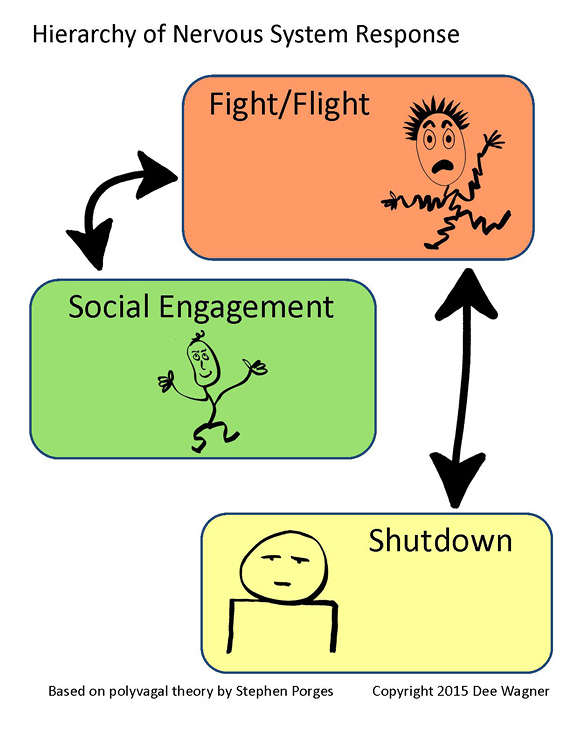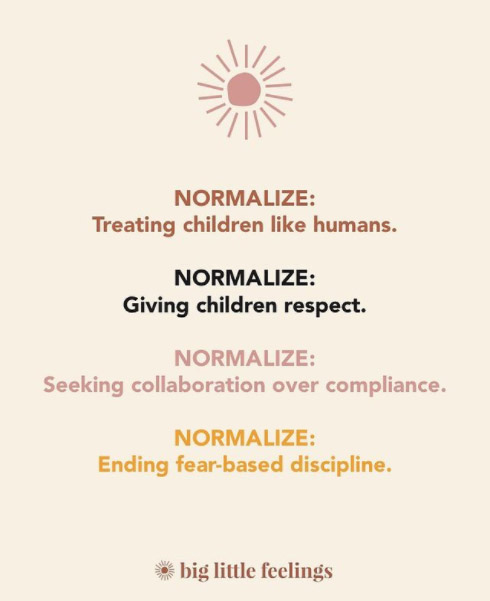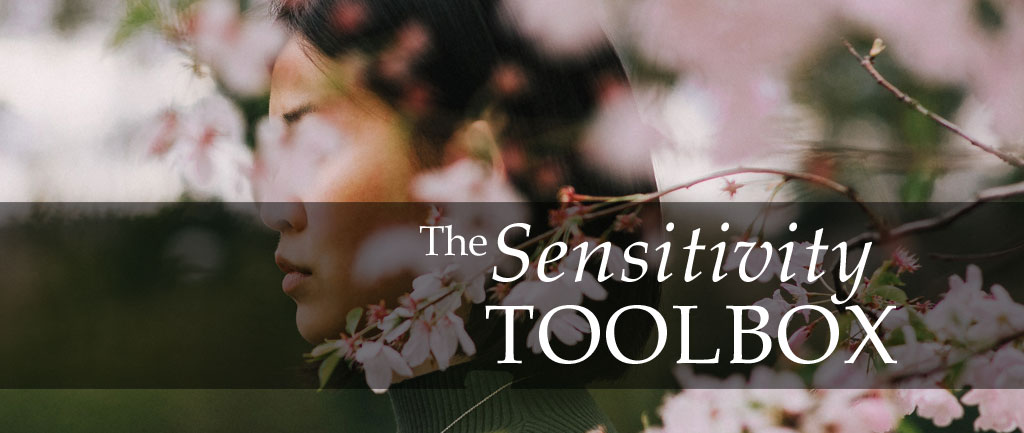
I spent my previous blog post, A Defence of Sensitivity arguing that sensitivity is, in fact, a form of intelligence or several types of intelligence, but where we cannot profit from it is where we are frequently derided for it, especially in cultures which deem sensitivity a feminine trait and therefore inferior to LoGiC.
Bit of a sum-up:
The Down Side
Studies that involve the autonomic nervous system, neuroscience, and psychology are revealing that individuals who’ve gone through Adverse Childhood Experiences can experience an amplification of their emotional sensitivity or empathy. While there are benefits to having empathy, the down side is that HSPs may feel at the mercy of their environments. Regardless of how well they handle their sensitivity, their overall wellbeing still requires rest and recovery from long-term stressors (including abusers), and previous traumatic experiences. These do not always resemble physical violence, and I have my own examples in this post.
Any individual locked into perpetual anxiety and survival mode will reach a point where their self-protection mechanisms are detrimental to health and counter-productive in situations better served by calm connection. Long-term stress also has serious effects.
Trauma and overwhelm produces flight-or-flight or a collapse response by the body. Collapsing or “freezing” is a “play dead” physiological state our bodies learned to activate in times of powerlessness; where numbing out and immobilization was the last-ditch response to danger. It’s not meant to become habit! But if we find ourselves stuck in unhealthy situations, this chronic exposure to chronic stress gives rise to chronic illness; depression and autoimmune system disorders included.
So here’s my story: I grew up with allergies no one else in my family had. I got faint in PE classes, had endometriosis and debilitating period cramps (and 2 surgeries), and, after giving birth, was diagnosed with hyperthyroidism/Graves’ disease–by which point I thought life was just downhill from there, and I was just in my 30s. When I was in my teens and twenties, I didn’t know how adults held regular jobs, especially speaking ones, because I myself was sick so often. I’d learned to swallow multiple pills without water by the time I was 14 just to barely manage in school. I can still remember getting angry looks at the dinner table whenever I was unwell, as if I wanted ill health, and that I wasn’t doing everything I knew for myself. “What’s wrong with you?” I would be asked angrily, in exasperation. I wish I’d known. I was already used to hiding my unhappiness, I learned that my sickness was another inconvenience I had to manage, hide, and blame myself for. Now more people are acknowledging that many sufferers of autoimmune disorders and other “mysterious” chronic conditions like fibromyalgia and rheumatoid arthritis share one thing in common: Difficult childhood backgrounds including emotional abuse and neglect.
Youth is not protection against harm to one’s psychological and physical health from stressful or abusive environments; Most mainstream advice, especially from the untrained, would be to “let it go” (thanks, hadn’t thought of that), toughen up, ignore the haters, and just move on, when many of the distressed will have already been struggling, and more than anything need respite from unsafe, unstable, stressful, and possibly abusive situations.
“Resilience”, a buzzword commonly flung around the topic of mental health, is not possible to develop overnight, and especially difficult for those who’ve faced long-term trauma and a lack of healthy role-models and/or supportive environments. Resilience still requires healthy relationships, healthy self-esteem, and time to recover, which requires access to physical and emotional safety.
It needs to be said, but positive quotes aren’t enough to snap most people out of PTSD, CPTSD, depression, and executive dysfunction. Much well-intentioned toxic positivity erases or ignores how trauma continually shapes the brain and body. Polyvagal Theory approaches trauma and resilience with the concept of vagal tone–the ability of the autonomous nervous system to move from its triggered states of flight-or-flight or collapse back to parasympathetic mode, where the body can shift its energy resources and organ and hormone functions back to optimum or repair, instead of survival.
Pithy quotes, “mind over matter” approaches, and motivational seminars ain’t gonna cut it.
So, for all the benefits of sensitivity, you’re not going to feel and truly get them until you’ve processed old trauma and learned to move from an activated nervous system in survival mode, to calm–parasympathetic, social engagement mode.
Self-Awareness and Emotional Intelligence
A fiercely patriarchal and materialistic society is going to devalue emotional intelligence, especially if emotional wellness and happiness cannot be translated into a financial gain on paper. In the typical Asian paper-chasing and narcissistic one-upmanship (think of tiger parents at an extended family dinner or fancy work lunch), academic achievement and cultural conformity are bragging points–what use is a child’s individuality or emotional wellbeing?
I was praised for ignoring and suppressing my physical and emotional discomfort especially in pursuit of appearances and achievement, while people who “kicked up a fuss” were frequently mocked or vilified no matter how valid their complaints–and calling them complaints was a way to dismiss.
It was also not unusual for the “misery games” (as I call them now) to start by my parents reciting the pains and trials they had endured and pushed through–a type of “when I was your age, I walked uphill to school both ways” suppressive and belittling response to another person’s sharing of their emotional experience.
It’s a pattern we still see between different generations–a refusal to validate another person’s emotional reality. And it’s detrimental, even devastating to the effort of developing emotional intelligence, maturity, and empathy.
I know I missed out on this, and my lack, in a strange way, played out in my journals and artwork and fiction reading. And I still fell way behind.

This was how I painted facepalming in my younger days.* *And this is how I glibly explain art I made when I was depressed.
This is not a joke: I was 39 years old when I had to ask a friend if being yelled at for 4 hours (I was physically blocked from leaving the room where this took place) counted as emotional abuse if I had set it off.
Even after producing the Self-Love Oracle, I had to ask someone if abuse could be deserved. The answer was no. The answer is and should always be no.
But “deserving” abuse was something I’d normalised for close to 4 decades. Likely because, well, I’d grown up swimming in abuse and rationales for abuse and emotional suppression.
Yeah I was a bit slow on the uptake recognising abuse and emotional distress. I’m making up for lost time now.
So here we go.
The Toolbox
- Supportive and kind adults
- People who respect boundaries
- People who respect you
- Self-awareness
- Self-regulation including therapy
- Self-care
- Safe spaces including nature
- Grounding and exercise
- Different types of rest
- Knowledge (is power)
This is where I’m going to expand on the above list.
Supportive and Kind Adults

Unless we were born with an impairment, our brains and bodies are physically built and wired for connection. We need human connection and community to survive. Even introverts need company, albeit with a few more requirements on how they engage, which is normal and different for everyone.
The type of people matter.
I was 42 years old when I had an epiphany that my body’s adverse reaction to certain people was not misplaced, but a self-protective response. We are not immune nor supposed to be immune from denigration and emotional abuse including neglect, and that can mean curating the people we interact with regularly. It is not entitlement, but a basic emotional need to be around people who respect us, our boundaries, our priorities, worth, wellbeing and care–and not those who put us in defensive, fight-or-flight mode, or freeze/collapse/compliance.
Even on the most basic physical level, people who support your needs and who validate and respect your boundaries and priorities help you regulate your nervous system. Emotionally healthy relationships can boost our health. The opposite, developing illness due to unhealthy relationships, is also true.
5 Ways Relationships Are Bad for Your Health
Research Shows Bad Relationships Can Also Mean Bad Health
Lastly, it shouldn’t need to be said, but we are still far from rid of regressive attitudes around race, gender equality, LGBTQ+ rights, even caste and prejudices based on economic status. To curate our friends and social circles so that we’re not forced to keep defending our own rights and the rights of minorities is just a smart move to protect ourselves and our mental health.
What are the effects of racism on health and mental health?
Racism and Mental Health
People Who Respect Boundaries
The need for privacy is in the UN Declaration of Human Rights, but there exist authority figures and parents who dismiss this need for their own distorted purposes.
If you’re constantly on guard or needing to fight for how you need to be treated (as an adult, capable of your own choices, entitled to your privacy and your own wants and priorities as long as they do no harm), you’re likely constantly in activated survival mode, or conversely, feeling constantly powerless and stuck.
Feeling safe and accepted can be elusive or even feel like a pipe dream if you don’t have safe people around you. It’s draining and harmful to tolerate judgmental, gaslighting, and/or controlling people who override and ignore what you want or need. You do not need to keep enmeshed and unhealthy relationships.
People Who Respect You
Making you second guess your own worth and perception of reality can be crazy making. Infantilisation, condescension, verbal abuse, denigration, belittling, and manipulation are forms of control and abuse.
People who respect you respect your abilities and choices can enhance your self-confidence and self-esteem, especially if these were not things that you were taught to cultivate in yourself!
It’s the fundamental dilemma of the human condition: The best thing for your nervous system is another human and the worst thing for your nervous system is another human. Lisa Feldman Barrett PhD
It’s tough to trust ourselves, our bodies, intuition, choices and sensitivity when we lack respect and recognition for our personhood.
A Pause
These last 3 entries in the toolbox, I realise, are all about the people you keep regularly around you. I realise it’s a bit strange to classify people as “tools”, but I’m adamant that one should minimise relationships with toxic people, whether you’re sensitive or not.
If you are sensitive, it’s sanity- and health-saving. This is the whole point of healing and self-empowerment. Do not try to “save” anyone until you know how to minimise harm to yourself while doing it.
It’s a topic for another blog post, but I’ve met my share of “healers” who were abusive or damaging because they couldn’t self-regulate, didn’t know how to deal with trauma, and/or were actually codependent narcissists. It’s not unusual to find people who “need to be needed” in helping professions, including in counselling and new-age healing, and the danger lies in over-trusting someone who’s actually trying to keep you dependent on them.
Self-awareness
Self-awareness is not the same as self-consciousness. Self-awareness puts us in touch with our feelings, needs, and emotional state. With it we become less prone to invalidating or ignoring what we need, because some of us may have learned to people-please (a codependent behavior) in order to feel safe or accepted.
If we were not modeled or taught how to identify and healthily fulfil our emotional needs (for acceptance, connection, validation, regulation, etc.) we may fall into mental and physical habits that are counterproductive or even self-sabotaging. Eg. Maybe we regularly choose avoidance or distraction when we’re actually upset about something, rather than recognising and addressing the cause.
Until we can remove the emotional filters and distortions on our decision-making, we can get stuck in unconscious patterns of blame and powerlessness.
Self-awareness not only puts awareness on what we feel and the different emotional states we experience, but what we can do differently. It’s a good start in realising that the options we see at any moment can be limited or inaccurate due to our emotional state.
Developing self-awareness can be accelerated by talk therapy including CBT, art therapy, meditation, and journaling.
Self-Regulation including Therapy
“Someone who has good emotional self-regulation has the ability to keep their emotions in check. They can resist impulsive behaviors that might worsen their situation, and they can cheer themselves up when they’re feeling down. They have a flexible range of emotional and behavioral responses that are well matched to the demands of their environment” Andrea Bell
If this sounds impossible, you may have a nervous system that’s spent too much time in fight-or-flight, especially if the lack of safe spaces, people and connections has been a long-term pattern. One may need to gently explore the possibility that they’ve suffered (and may continue to suffer) trauma and PTSD that makes self-regulation and healthy relationships difficult to access.
EMDR Therapy saved me, and I’m not alone in recognising that EMDR did in mere sessions what talk therapy alone couldn’t do in years. I will push EMDR therapy for those who’ve suffered trauma, and who recognise they have intense involuntary reactions to certain triggers, including chronic nightmares and panic attacks, and for that matter, chronic illnesses due to ACEs (Adverse Childhood Experiences).
This is a large topic on its own, but worth exploring. I’m firmly in the camp of people who are happy that the stigma around counselling and therapy is lifting, mostly due to people asking questions and finding information on different types of trauma and therapy.
Self-care
Self-neglect is, I’ve found, a bit of an eldest daughter syndrome. Or, you didn’t need to be the eldest child in a family, you were just expected to put your needs aside for others.
At its worst, self-neglect can take the forms of self-deprivation and denial, placing oneself in detrimental positions where others constantly benefit at your expense. Self-care is recognising that you deserve good treatment, from yourself as well as others. It is a recognition that we are social and multidimensional humans, with needs beyond physiological:

Source Critique this all you want, it was a revelation to me after believing for a long time that anything outside the bottom rung were merely “wants” and indulgences. Which was kinda messed up.
Safe spaces including nature
Who are you when you’re allowed to be yourself? Do you even know?
Those of us who were conditioned to continually “perform” for approval and acceptance can burn out and break down without a safe space. Constantly wearing a mask or playing a role is exhausting, so we need time and spaces just to be.
This can be a tall ask if you’re someone with many responsibilities and multiple hats. But “me time” is even more necessary so you can rest, recharge, and be optimum for the people and responsibilities that really matter to you.
Safe spaces can be places, people, or activities that allow you to disengage from fight-or-flight or performance mode. The key is using these times to relax and reconnect with the self. Meditation can be a way to learn how to engage a sense of internal safety no matter where you are.
Calm nature, and the presence of trees in particular, has been found to have mental and physical health-boosting effects, especially in soothing and “resetting” the nervous system. It helps restoring energy after exhaustion, and boosts focus.
Grounding and Exercise
Much of being a Hyper Sensitive Person can be getting lost in our own thoughts, or disengaging from the world to understand our internal experience.
Sensitivity can open us to a lot of information on a conscious and subconscious level, and sometimes not all the information is clear or beneficial, leading to agitation, or a feeling of an itch we can’t scratch, or something we can’t put our finger on. We can feel “activated” for action without having a plan!
Staying immobile or inactive while ignoring the body’s need for motion can be draining, so these moments are great for feeling into our physical body and connecting with our environment. It’s important to engage our physical self, taking in information from our 5 senses, and consciously establishing and mentally affirming our physical safety. After that, excess physical energy can be expended with activities that help us release happy chemicals into the body and return us to a relaxed, self-healing state. Exercise, in nature, would give us endorphins and seratonin.
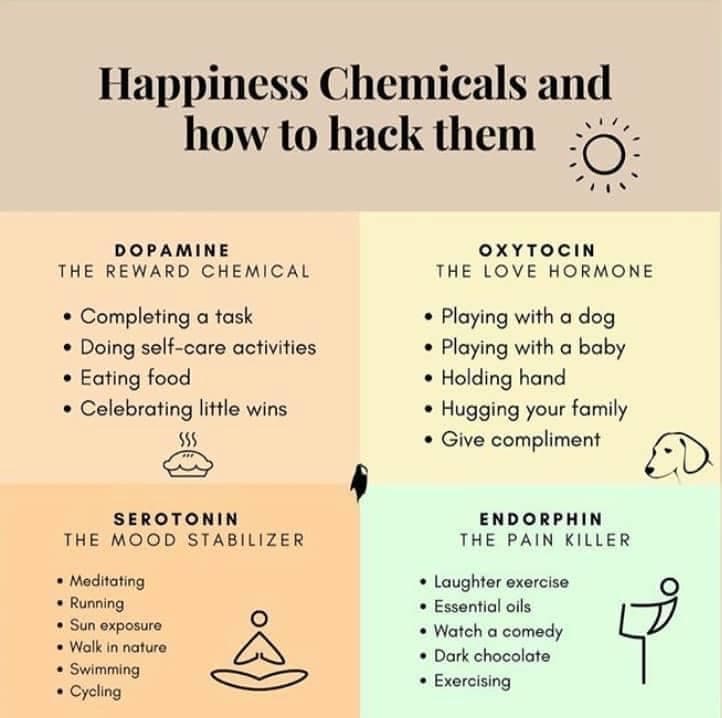
30 Grounding Techniques to Quiet Distressing Thoughts
Different types of rest
By this point, it should be clear that self-care takes different forms. We need different types of rest too:
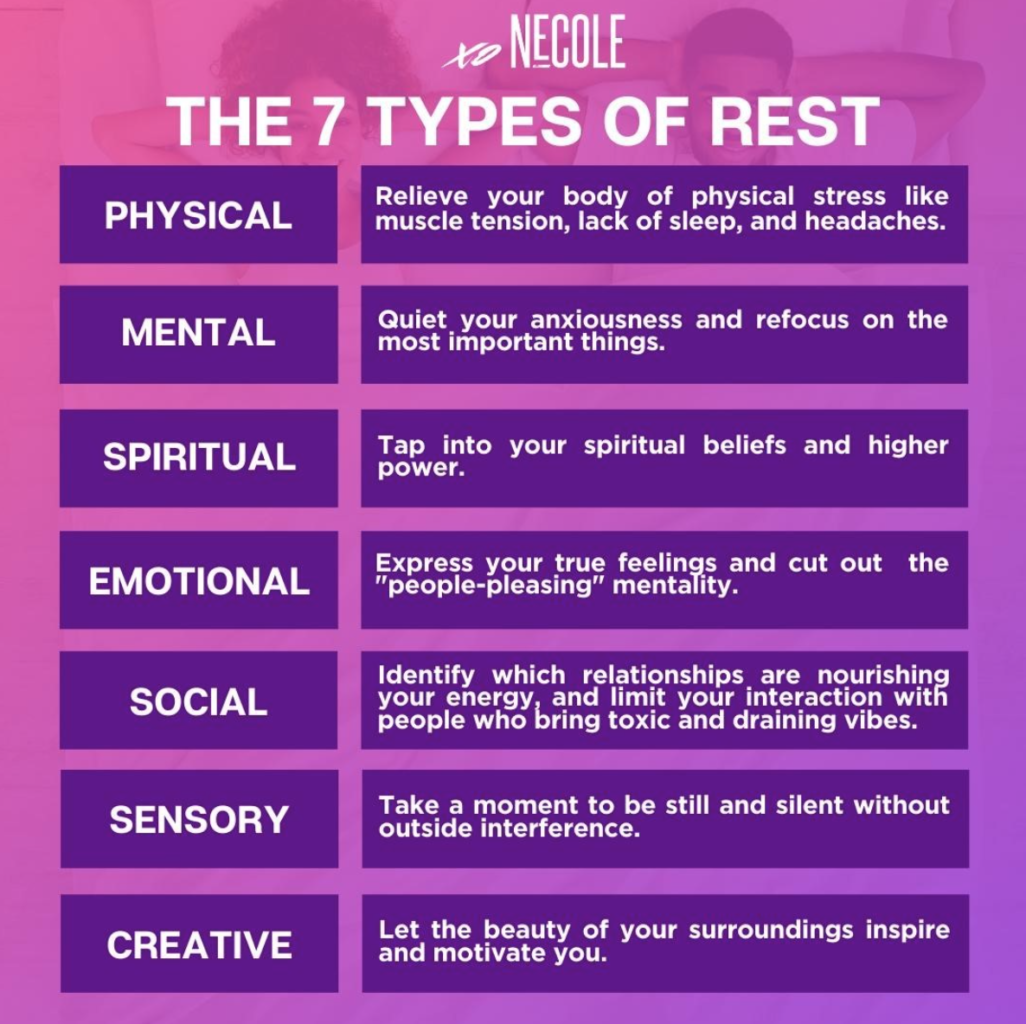
Sensory rest, I’ve found, is best with a guided meditation that can teach you how to direct your focus and mental energy in absence of external physical input. It’s perfectly normal that most people do not know what to do when they’re told to just sit still! Meditation can also take different forms, as long as they help you achieve a relaxed and aware state, and this includes simple taichi and walking meditation.
For HSPs, the ability to calm ourselves and feel safe no matter what signals we’re picking up is the ultimate self-care and empowering tool.
Knowledge (is power)
For every down side of hypersensitivity and the doubt that can come up, there’s likely someone out there who has asked the same questions: Why am I like this? Are there others like me? How do they cope? Does numbing work? How do I make this work for me?
My own journey lead me to explore multiple disciplines (new age, psychology, plant medicine, psychic classes, astrology, etc.) and I treasure most the information that helped me understand, accept, and take care of myself. The better I manage my life with hypersensitivity and work with it, the more I learn about using it, like I would a knife or any tool in a toolbox. I’d like to think that with time and the right environment, hypersensitivity is no longer a liability, but a strength that it has always been.
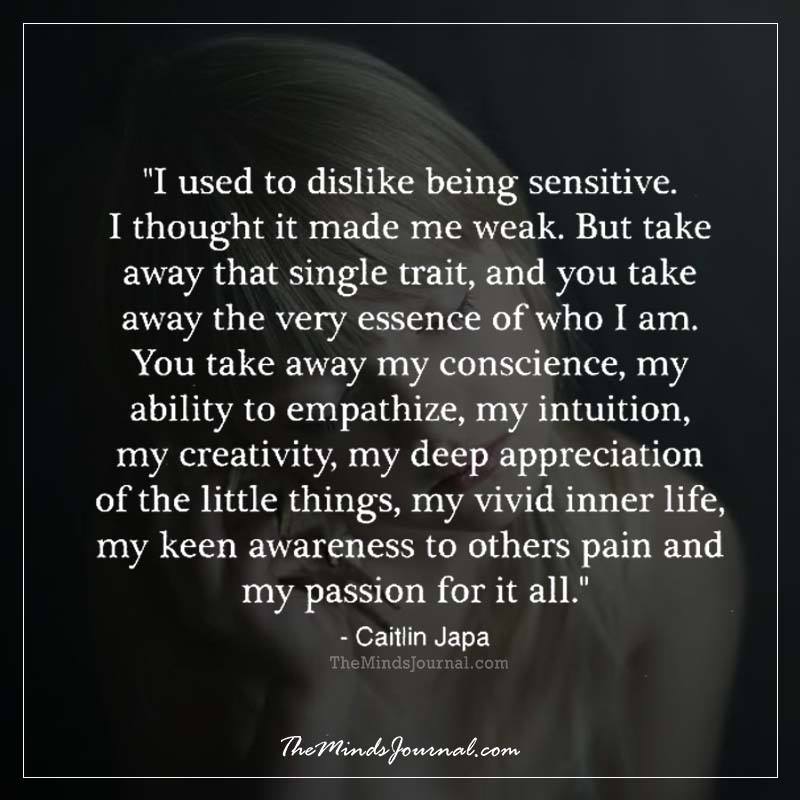
Last Word
In Singapore, I offer two classes that compile, and apply everything I’ve learned about energy awareness and working with our subtle energy senses… which may apply to you if you feel that your sensitivity extends beyond the five physical senses! These classes are not religious and non-denominational. Chakras and meridians are not covered in detail but they are acknowledged. (I’m no longer offering these classes as of 2022 but follow my Instagram for announcements.)
I wish you all the luck in your own journey.
Cover image by Maria Orlova


